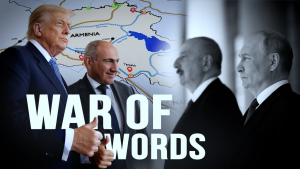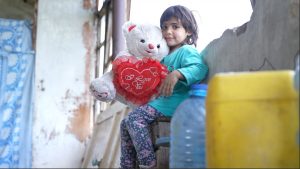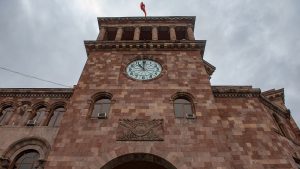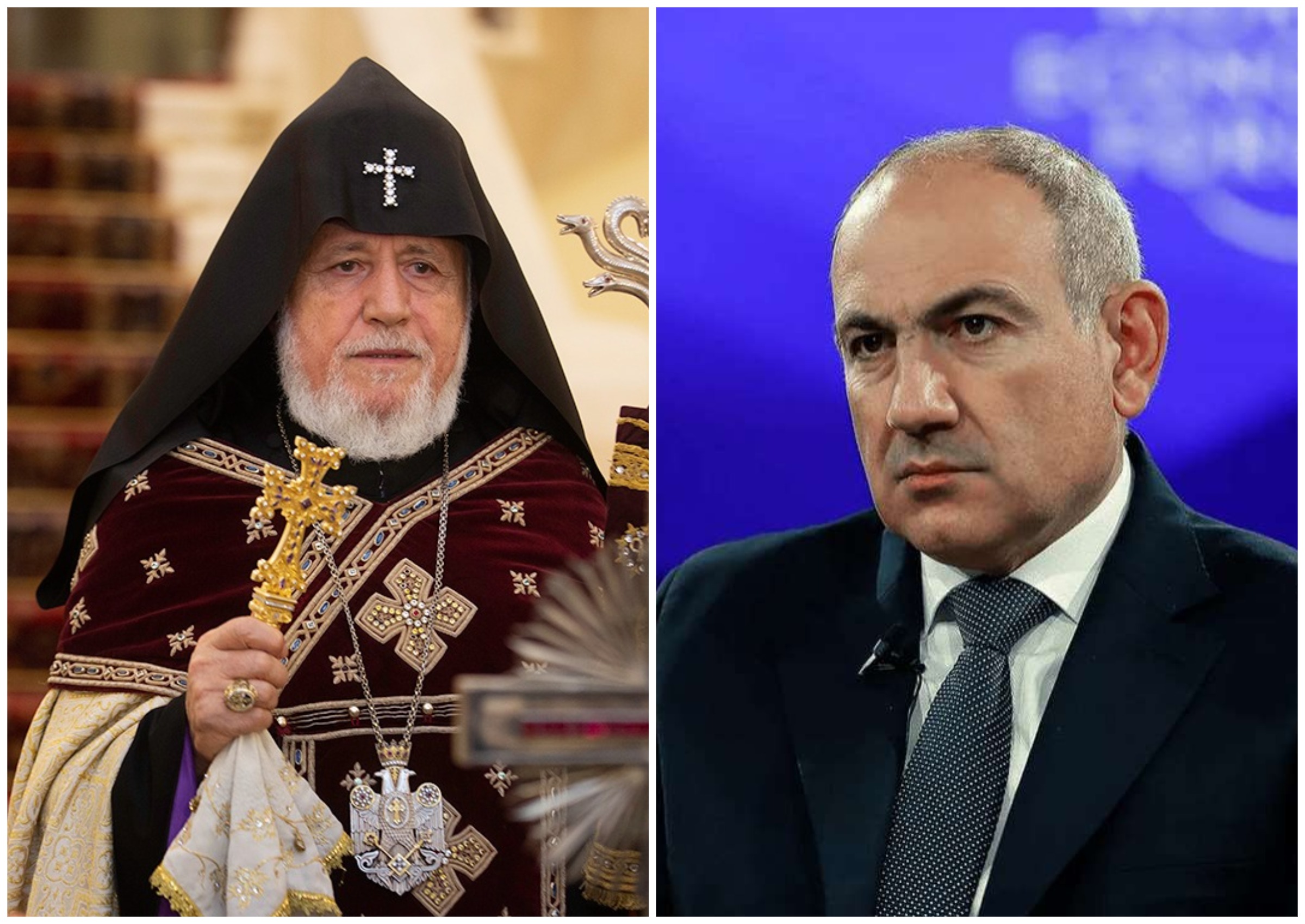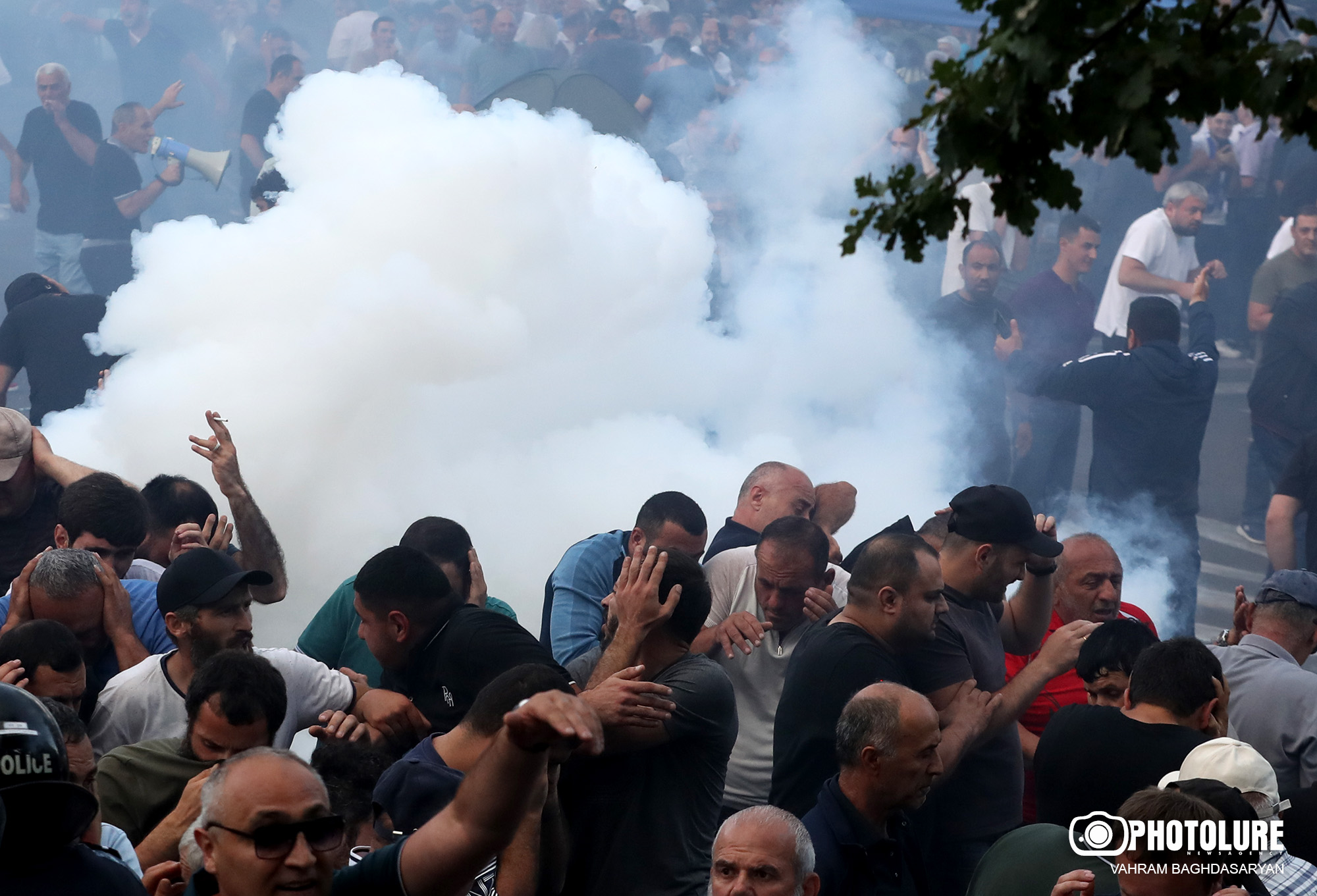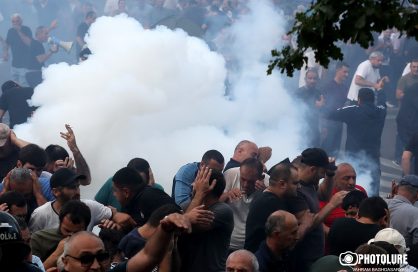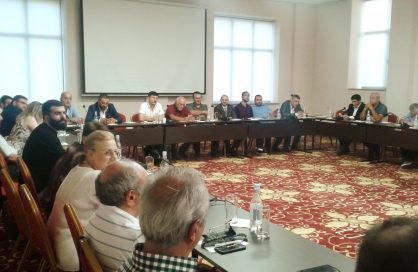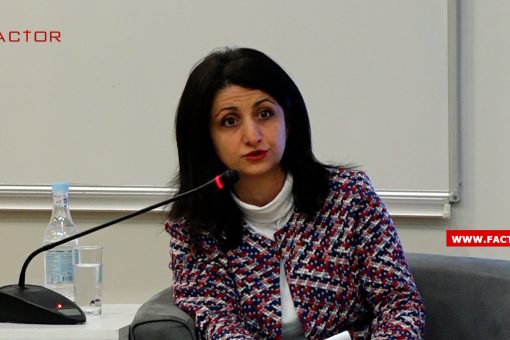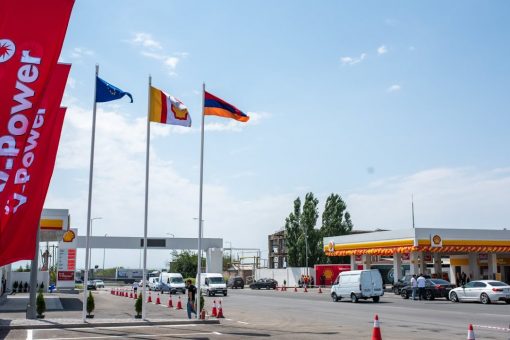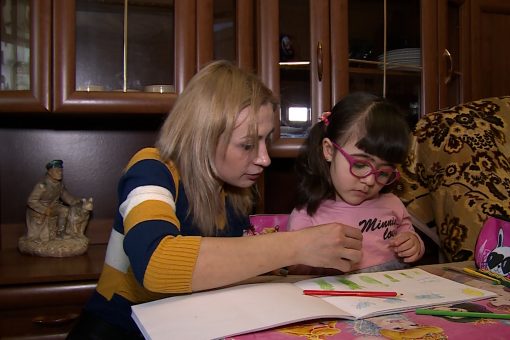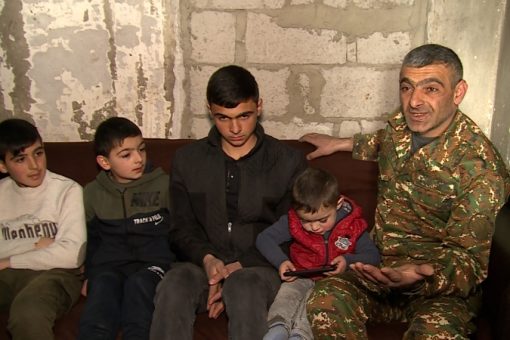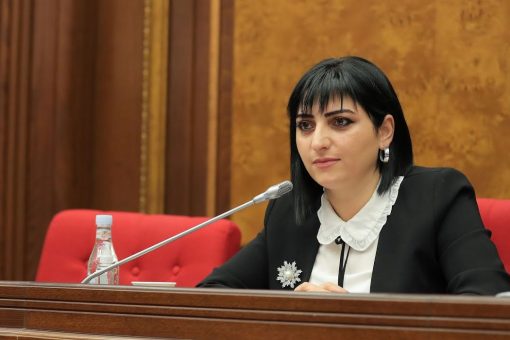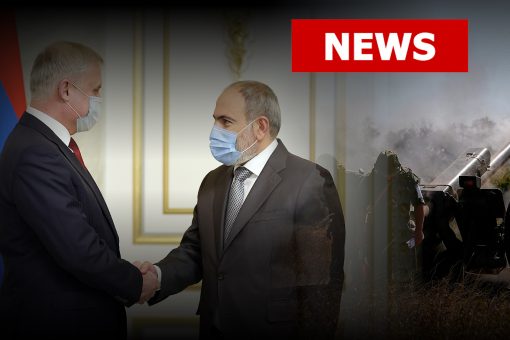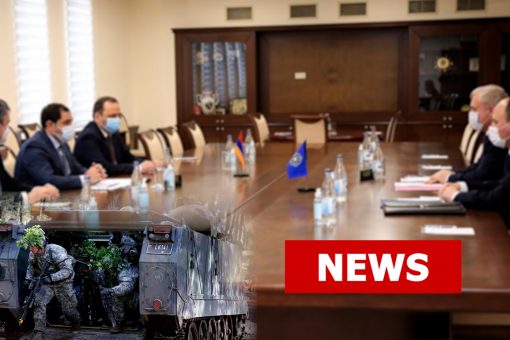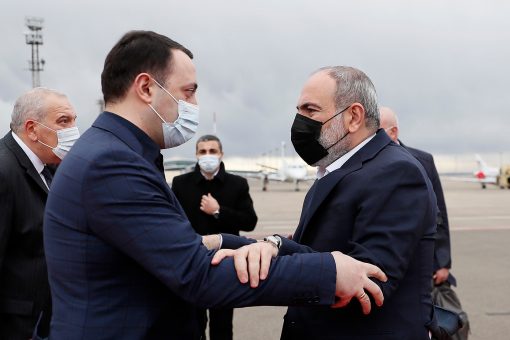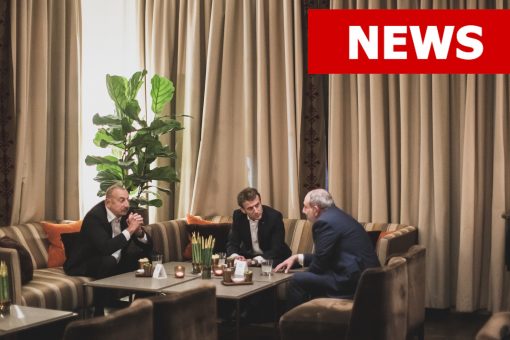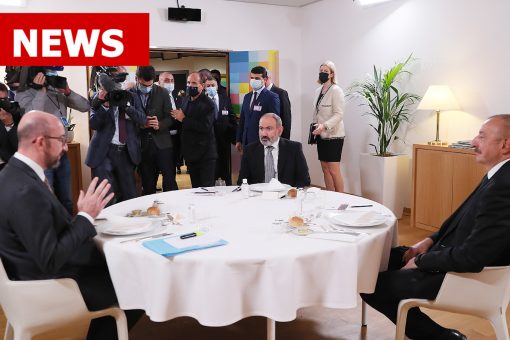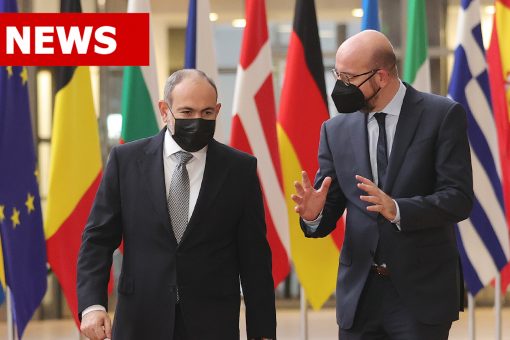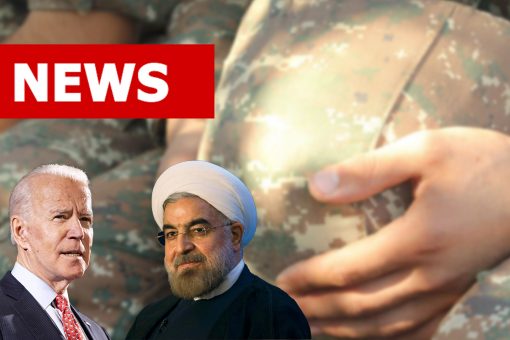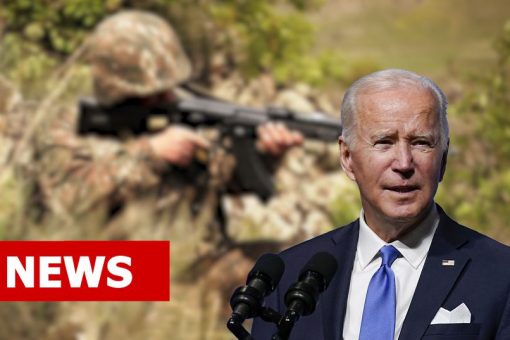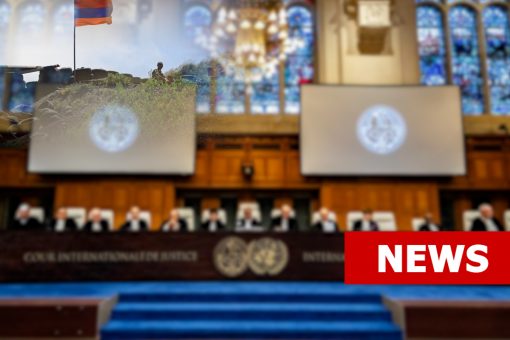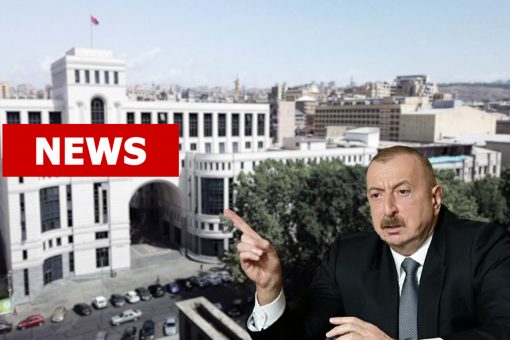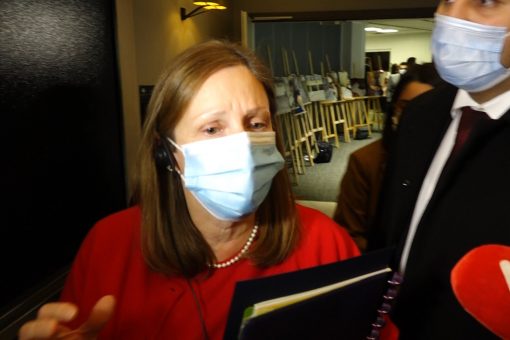Nagorno-Karabakh war threatens Armenia’s achievements in the field of democracy: Freedom House published the 2021report
POLITICS
03.03.2021 | 12:12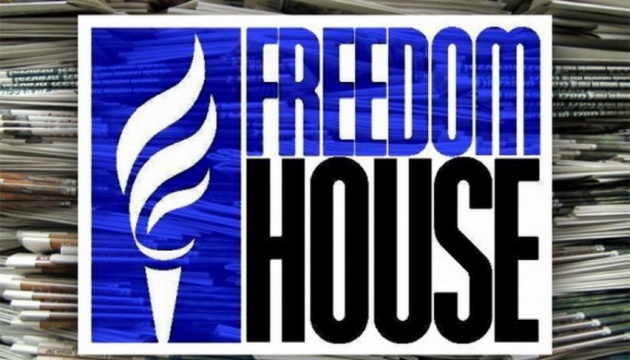
Freedom House published a report about the development of democracy and freedoms in 2021, which also referred to the war in Karabakh and its impact on Armenia. The report notes that the expansion of authoritarian rule in the world has had a significant impact on the “safety” of human life, including the frequency with which military force is used to resolve political disputes.
Freedom House- published in 2021 about the development of democracy and freedoms in the report, which also referred to the war in Karabakh and its impact on Armenia. The report notes that the expansion of authoritarian rule in the world has had a significant impact on the “safety” of human life, including the frequency with which military force is used to resolve political disputes.
The expansion of authoritarian rule, combined with the fading and inconsistent presence of major democracies on the international stage, has had tangible effects on human life and security, including the frequent resort to military force to resolve political disputes. As long-standing conflicts churned on in places like Libya and Yemen, the leaders of Ethiopia and Azerbaijan launched wars last year in the regions of Tigray and Nagorno-Karabakh, respectively, drawing on support from authoritarian neighbors Eritrea and Turkey and destabilizing surrounding areas. Repercussions from the fighting shattered hopes for tentative reform movements in both Armenia, which clashed with the Azerbaijani regime over Nagorno-Karabakh and Ethiopia.
The fighting in Nagorno-Karabakh has had spillover effects for democracy. In addition to strengthening the rule of Azerbaijan’s authoritarian president, Ilham Aliyev, the conflict threatens to destabilize the government in Armenia. A rare bright spot in a region replete with deeply entrenched authoritarian leaders, Armenia has experienced tentative gains in freedom since mass anti-government protests erupted in 2018 and citizens voted in a more reform-minded government. But Prime Minister Nikol Pashinyan’s capitulation in the war sparked a violent reaction among some opponents, who stormed the parliament in November and physically attacked the speaker. Such disorder threatens the country’s hard-won progress and could set off a chain of events that draws Armenia closer to the autocratic tendencies of its neighbors.
The use of military force by authoritarian states, another symptom of the global decay of democratic norms, was on display in Nagorno-Karabakh last year. New fighting erupted in September when the Azerbaijani regime, with decisive support from Turkey, launched an offensive to settle a territorial dispute that years of diplomacy with Armenia had failed to resolve. At least 6,500 combatants and hundreds of civilians were killed, and tens of thousands of people were newly displaced. The meaningful international engagement was absent, and the war only stopped when Moscow imposed a peacekeeping plan on the two sides, fixing in place the Azerbaijani military’s territorial gains but leaving many other questions unanswered.









